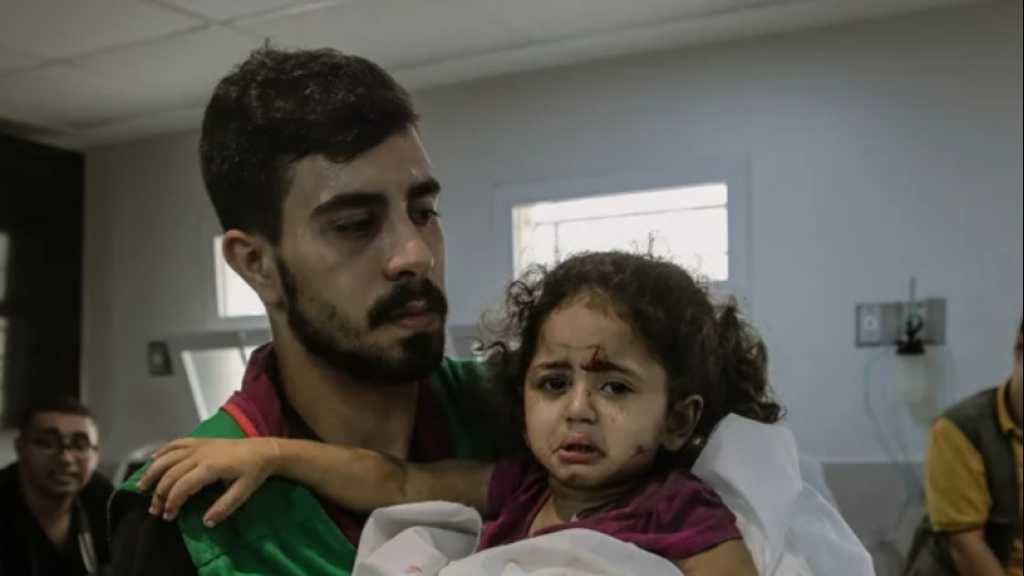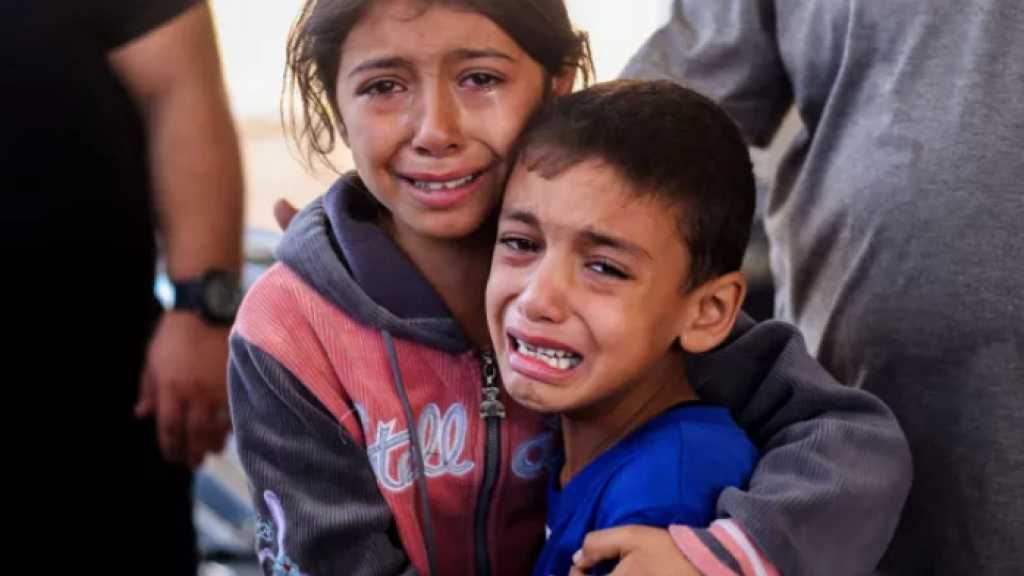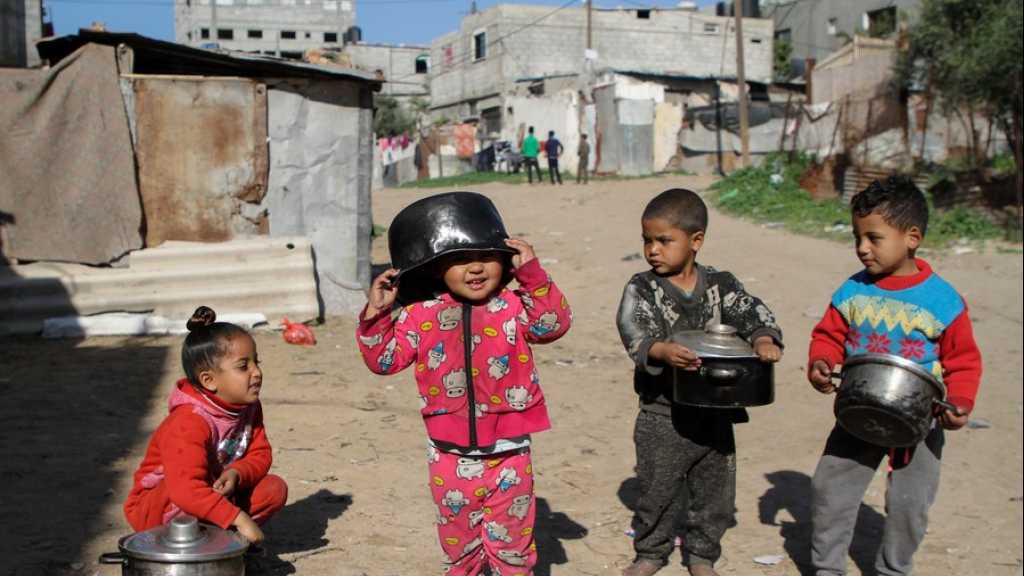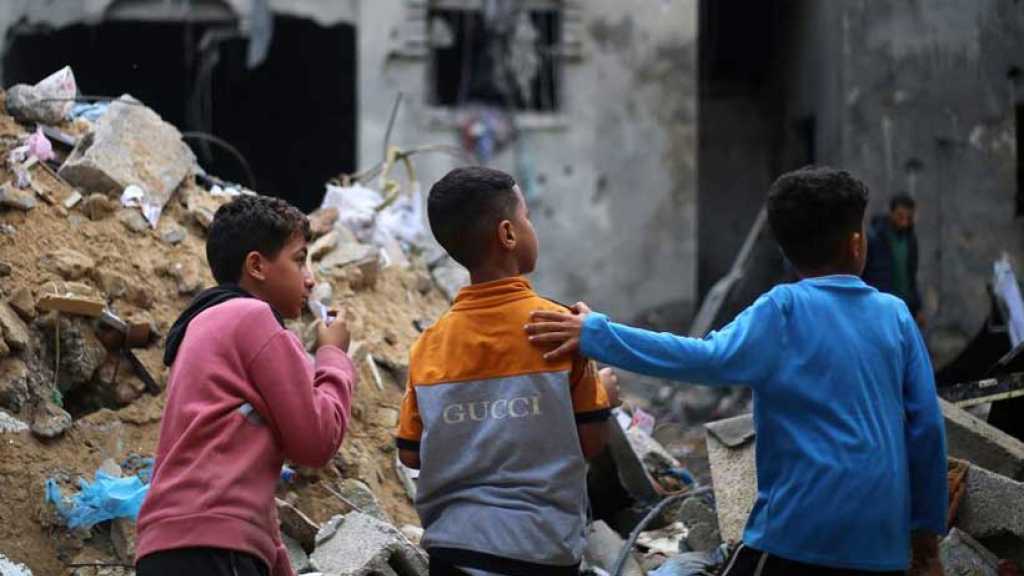
"Israel" has turned West Bank town into prison

Source: Daily Star & Inter Press Service, 20-12-2008
Daan Bauwens
QALQILYA, Occupied West Bank: Qalqilya has been an encircled town since the "Israeli" West Bank barrier was built around it in 2003. Only one narrow gate guarded by "Israeli" soldiers allows access. The anger, disbelief and protests over this situation have become muted. The people of Qalqilya are waking up to the reality of near imprisonment. The town's legislators spend most of their time in "Israeli" prisons without being charged with anything.
"The wall is killing the people of Qalqilya," says Emat, a 25-year-old shopkeeper. "Nothing comes in, nothing goes out, we can't make a living. The people here are almost dead."
Behind Emat's empty street is the entrance to the daily vegetable market. A quiet one by Arab standards, with a total of about 20 vegetable stalls. Ten years ago, thousands of "Israelis" came to this market, making Qalqilya the richest city then in the West Bank.
The economic damage caused by the wall has been enormous, says Deputy Mayor Mohammad Hashem al-Masri. "Next to the thousands of 'Israeli' customers we lost, they blocked access to our fields, practically putting a definitive end to our agriculture. Moreover, there used to be 13,000 Qalqilyan commuters working in "Israel". That number has shrunk to about 1,000.
"Qalqilya was a place where Palestinians and 'Israeli's' bonded," Masri added. "But that time is over."
Things have admittedly gotten better compared to five years ago. At the start of the second Intifada, the town was completely sealed off for three years.
"No one was allowed in or out. We were all prisoners then," said Masri, who is a pharmacist. "Due to the imprisonment we suffered from an infected atmosphere. About 45,000 people were living on 4 square kilometers and couldn't get out, which turned all infections into epidemics."
Once the city was opened, a little, a new problem arose. "More than 1.5 percent of the people are diagnosed with minor or major depression," said Masri, suggesting the real number is probably much higher.
"There is unemployment, poverty and stress," explained Arwa Shanti, a manager for the United Nations Relief and Works Agency in Qalqilya. "Since the wall, more cases of depression and other psychiatric disorders are coming in. The number of stress-related diseases like hypertension, diabetes mellitus and myocardial infarction keeps augmenting. And the patients are very young: in their 20s, 30s or maximum 40s."
Governing Qalqilya has been difficult the last couple of years, and not just because of the wall. Since the 2005 municipal elections Qalqily's legislators have spent more time in "Israeli" prisons than in the municipality.
The present mayor, Sheikh Wajeeh Qawwas won the elections while in jail. He was arrested in 2002 and not released until 2006. He took up his responsibilities as mayor in May 2006, but was arrested again a month later, this time together with his deputy, Masri. The latter was released earlier this year after serving two full years under "administrative detention."
The accusation against him was that he was a member of Hamas. "I have nothing to do with Hamas," he said. "I am just the representative of my clan."
Wajeeh Qawwas is still being held at the "Israeli" prison in Megiddo under administrative detention. "Administrative detention means they hold a secret file against you," says Qalqilya's international relations officer Nibal Yalud. "You are not charged with anything, and you do not appear before a judge. It suffices to say that you are a threat to security to keep you in prison."
At least 600 Palestinians are being held under administrative detention. "Israeli" human rights associations have complained of the recklessness with which these arrest warrants are issued.
Despite dealing with such difficulties, the municipality of Qalqilya has been praised by the World Bank, the Palestinian Authority and the United Nations for good governance.
According to the Palestinian Authority's office for administrative and financial control, Qalqilya's municipality is number one in transparency in the Palestinian territories.
Now the deputy mayor wants to turn Qalqilya into an agricultural export center again.
"With all we have, greenhouses, seedlings and nurseries, we want to export vegetables and plants to the outside world," he said.
This might help the economy, but may not change the feeling of frustration among the inhabitants. "I used to go to the area on the other side of the wall to pick mandarins and oranges," recalled civil servant Wafa Milehm. "We used to go there for picnics with the family. I went there to pick wild flowers."
"There is a meaning to picking a wild flower," said Nibal Yalud. "You do it to break the routine, the bureaucracy of life. That's not possible any more in Qalqilya."



